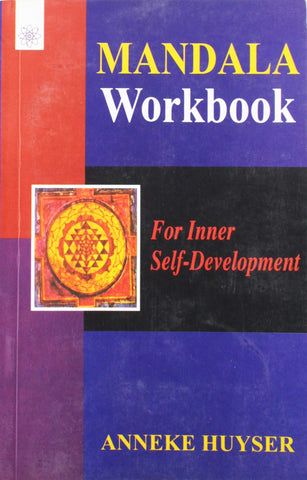Your cart is empty now.
Three mountains and the seven rivers is a collection of 56 essays to felicitate the sixtieth birthday of Doctor Musashi Tachikawa, Professor at Aichi Gakuin University in Nagoya. This volume consists of thirteen Sections:
(1) Ancient Geography
(2) Buddhism
(3) Madhyamika,
(4) Iconography
(5) Jainism
(6) Logic
(7) Poetics
(9) Social Practice
(10) Tibetan Themes
(11) Vedanta and Mimamsa
(12) Samkhya and Yoga
(13) Tantrism
These sections throw new light on enduring themes in Indian studies as well as raise fresh issues.
DR. SHOUN HINO is Professor of Gifu` Pharmaceutical University, Japan. He obtained a Ph. D. degree from '- the University of Poona in 1979 and works on Vedanta, Suregvara in particular. He is completing twelve-volume Suregvara's study under the title of Advaita Tradition Series (Motilal Banarsidass, Delhi) and recently published Puja and Samskara (Motilal Banarsidass) in collaboration with Prof. M. Tachikawa.
DR. TOSHIHIRO WADA is Professor of Indian Studies, at Nagoya University, Japan. lie obtained a Ph.D. degree from the University of Poona in 1988 and a D. Litt. degree from Nagoya University in 2002. He mainly works on logic and philosophy of language in Navya-Nyaya and published papers in Journal of Indian Philosophy, Asiatische Studien, and Nagoya Studies in Indian Culture and Buddhism: Sambhcisa, and so forth.
We planned this volume in Autumn 2000 to felicitate the sixtieth birthday of Prof. Dr. Musashi Tachikawa. Unfortunately it took more time to publish than we expected, but we hope that the volume will be a fitting felicitation of his sixtieth birthday.
Prof. Tachikawa was born in Nagoya in 1942. As a student at Tokai High School in Nagoya, he was much influenced by Rev. Reiho Hayashi and felt a keen interest in Buddhist philosophy. In 1960 he entered Nagoya University, and in 1964 the Gradu-ate School of Letters of the same university. During his studies at Nagoya University. Prof. Tachikawa learned Buddhist philosophy from Prof. Yoshihumi Ueda, and Sanskrit philology from Prof. Hidenori Kitagawa. During the period 1965 to 1967 he studied Tibetan Buddhism under Rev. bSod nams rgya mtsho and Rev. mKhas btsun bzang po at The Oriental Library in Tokyo. From 1967 to 1970 he studied at Harvard University under the guidance of Prof. Daniel H.H. Ingalls, and was awarded a Ph.D. degree in 1975: His Ph.D. dissertation, The Structure of the World in Udayana's Realism, was published in the Netherlands (and now being reprinted at Motilal Banarsidass). This book presents a translation and analysis of Udayana's .L.z.ksanava/i and Kirandvali and gives us not only a view of Vaiiesika philosophy but also a sketch of Indian philosophy. Prof. Tachikawa's research at Harvard University seems to have nrovoked him to use working concepts such as Indian realism and nominalism in analyzing Indian classical texts. In 1970 he rook up a post at Nagoya University, where in 1976 Prof. Wish° Ntwasaka arrived at his post. Prof. Tachikawa took the opportu to carry out research on Buddhist tantrism with him. In Prof. Tachikawa was awarded a Doctor of Letters by Nagoya University, and in 1994 this dissertation was published: Chitron no Shiso (The Thought of the Madhyamakakiirikii). This book too provides us a new viewpoint in analyzing Sanskrit texts involving contradictory statements, such as those of Nagarjuna and the Prajnaparamitasutras. In 1991 he left Nagoya University for the National Museum of Ethnology in Osaka, and now he is striving to synthesize his research on wide areas.
Prof. Tachikawa's study comprises five different fields of Indology. These are, in chronological order, Nagarjuna's Madhyamaka Philosophy, Indian realism, Buddhist tantrism and Hindu tantrism, and Buddhist Theology. The study of Buddhist tantrism and Hindu tantrism covers both iconography and ritu-als. At first glance their mutual relationship is not clear, but Prof. Tachikawa's methodology makes us understand just how deeply related they are. His study is deeply rooted in philology, involving Sanskrit and Tibetan original texts, and is characterized by making use of comparative philosophical working concepts such as Indian realism and Indian nominalism, the sacred and the profane. He has used these concepts since his early days while studying the first four fields, and established their place in Indological and Buddhist studies in Japan.
To apply what he calls working concepts to one of four fields is not so surprising. In fact Indian realism and Indian nominal-ism were used in the study of Indian realism. Furthermore the sacred and the profane were used in the study of Buddhist or Hindu tantrism. He did not use them as an introduction to an article or a book, but rather he presented a whole picture of the entire study by means of working concepts. Thereby readers understand where individual topics are located in the whole picture of his study. This methodology appears easy to employ, but in fact requires both deep knowledge of the subject matter and insight into the holistic idea about how to grasp Indian thought. Prof. Tachikawa is a rare scholar having thus achieved this deep knowledge and insight into such a complex field of study. His study is characterized by his use of multiple (not single) working concepts in all of the fields. Taking the study of Madhyamaka Philosophy for instance, he presented a logical interpretation of Nagarjuna's contradictory passages by using the sacred and the profane and at the same time made a clear-cut distinction between other Buddhist thoughts and Hindu philosophical systems by using Indian realism and Indian nominalism. In such a methodology, there is room for some criticism, for we do not have the relevant Sanskrit words which can be applied to working concepts. Furthermore, some object to the use of working concepts. But we should understand that his study is based on his attitude of grasping an individual object of study with a bird's eye view. This is useful in Indian thought and religion and can be related to the study of other philosophical systems and religions in the world as well.
His fifth field of study, viz. Buddhist Theology or Buddhology, is in the same line as his four other fields of study. This develops his fundamental matter of concern, that is, what Buddhism can do for us humans presently. He creatively speculates and discusses how Buddha, Buddhists and this World of Buddhists are related to one another and how they should be related. In this fifth field he is not content with finding out something practical and useful among the philosophical view-points of the Buddhism of the past, but is also developing his Movement of Thought toward constructing a positive and new Buddhist system. Currently Prof. Tachikawa is pursuing his studies and we scholars do not know what the final outcome will be. We can only speculate.
To commemorate Prof. Tachikawa's sixtieth birthday, scholars from various fields have shared and contributed their articles. We feel proud of this volume which celebrates Prof. Tachikawa's academic contributions, and we cordially wish him continued academic success and good health.
Delivery and Shipping Policy
- INTERNATIONAL SHIPPING
- Rs.1000-1100/kg
- ESTD. Delivery Time: 2-3 weeks (depending on location)
- Bubble Wrapped with Extra Padding
- NATIONAL SHIPPING
- NCR: Rs. 30/half kg
- Standard: Rs. 80/half kg
- Express shipments also available on Request
- ESTD. Delivery Time: Ranging from 1-4 days up to 7 business days (Depending on your choice of Delivery)
- TRACKING
- All orders; national or international, will be provided with a Tracking ID to check the status of their respective orders
- Depending on the Shipping Service, Tracking ID may be used on their respective tracking portals
Frequently Asked Questions (FAQs)
Domestic Shipping: 3-4 Days (after shipping)
International Shipping: 1-2 weeks (based on your location)
You will receive an email once your order has been shipped or you can email us if you didn't receive tracking details (info@mlbd.co.in)
Every book that we sell is the latest edition except all the rare books
Yes, we do provide free shipping, only on domestic orders (within India) above Rs.1500












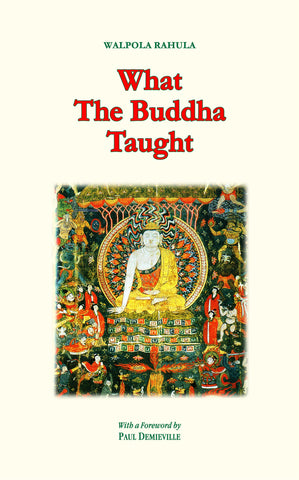
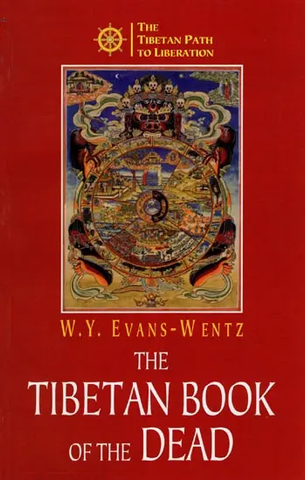
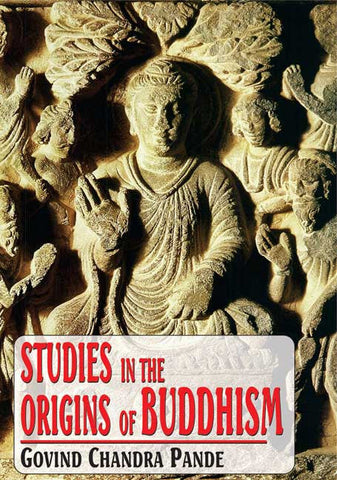
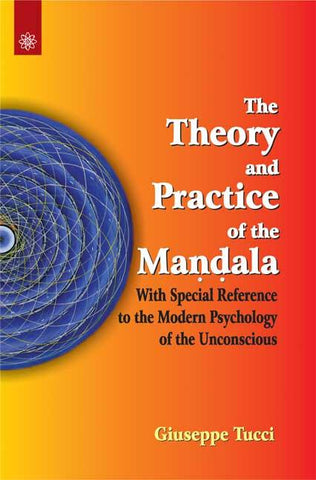
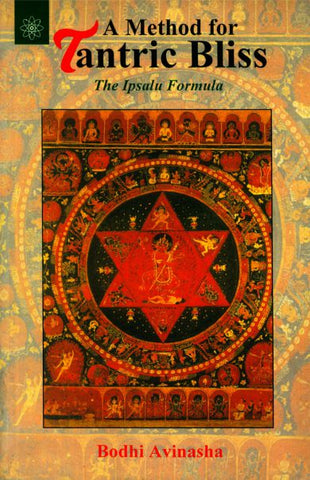
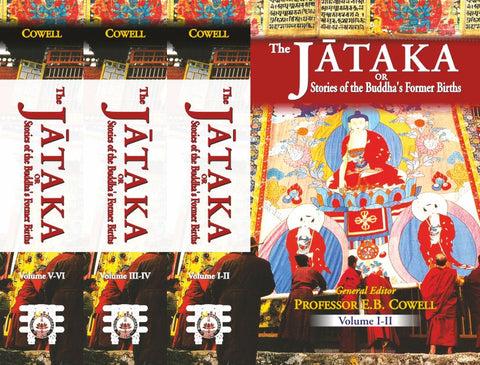
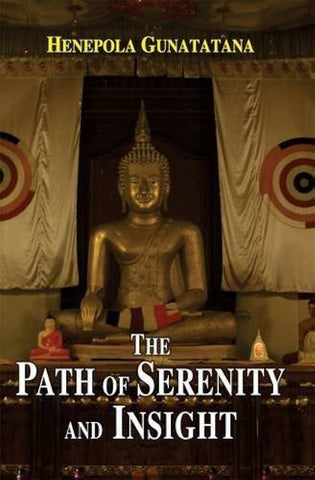
![The Rishukyo [Buddhica Britannica Vol.3]: The Sino-Japanese Tantric Prajnaparamita in 150 Verses (Amoghavajra's Version)](http://www.motilalbanarsidass.com/cdn/shop/products/RISHUKYO_large.jpg?v=1675417651)
